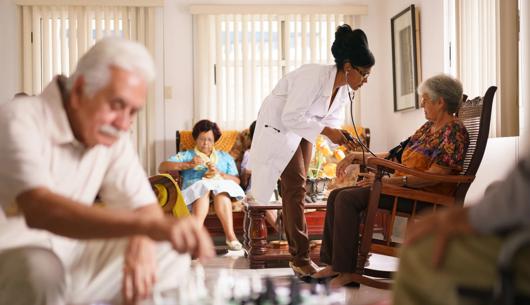Failure to cooperate with an inquest
The recent case involving Duncan Lawrence a clinical lead at Lancaster Lodge, a therapeutic community in South West London, highlights the importance of engaging with coroners and preparing well for any inquest.
This article is taken from October's public matters newsletter. Click here to view more articles from this issue.
The recent case involving Duncan Lawrence a clinical lead at Lancaster Lodge, a therapeutic community in South West London, highlights the importance of engaging with coroners and preparing well for any inquest.
In January 2019 an inquest was held into the death of Sophie Barnett, a teenager who had committed suicide in May 2016. The 19 year old was residing at Lancaster Lodge, run by Richmond Psychosocial Foundation International (‘RPFI’), as she was suffering with multiple mental health issues.
Duncan Lawrence was employed by Lancaster Lodge from January to March 2016. During his time at the home he made a number of changes and the coroner wished to explore his role at the home and whether this has an impact upon Sophie.
Duncan asserted that he was not able to attend the inquest so measures were put in place for him to give evidence by video link. However Mr Lawrence still did not give witness evidence.
Duncan’s failure to attend the inquest or to provide video evidence lead to him being fined £650 by the Coroner under the Coroner’s Justice Act 2009 schedule 6 paragraph 6.
The coroner referred the matter to the CPS and Duncan was subsequently prosecuted under Coroner’s Justice Act 2009 schedule 6 paragraph 7. Although he pleaded guilty he is currently reconsidering that plea and the courts may be required to determine his guilt in a trial in due course.
However this case serves to illustrate the seriousness with which coroners will take an actual or perceived lack of cooperation with the inquest process. It is vital that organisations and individuals who are asked by the coroner to contribute material or oral evidence to the inquest engage effectively with the process and prepare thoroughly. Interested parties can be legally represented and where necessary early instructions to lawyers are recommended to manage both the preparation and delivery of evidence.
Contact

Mark Hickson
Head of Business Development
onlineteaminbox@brownejacobson.com
+44 (0)370 270 6000




































